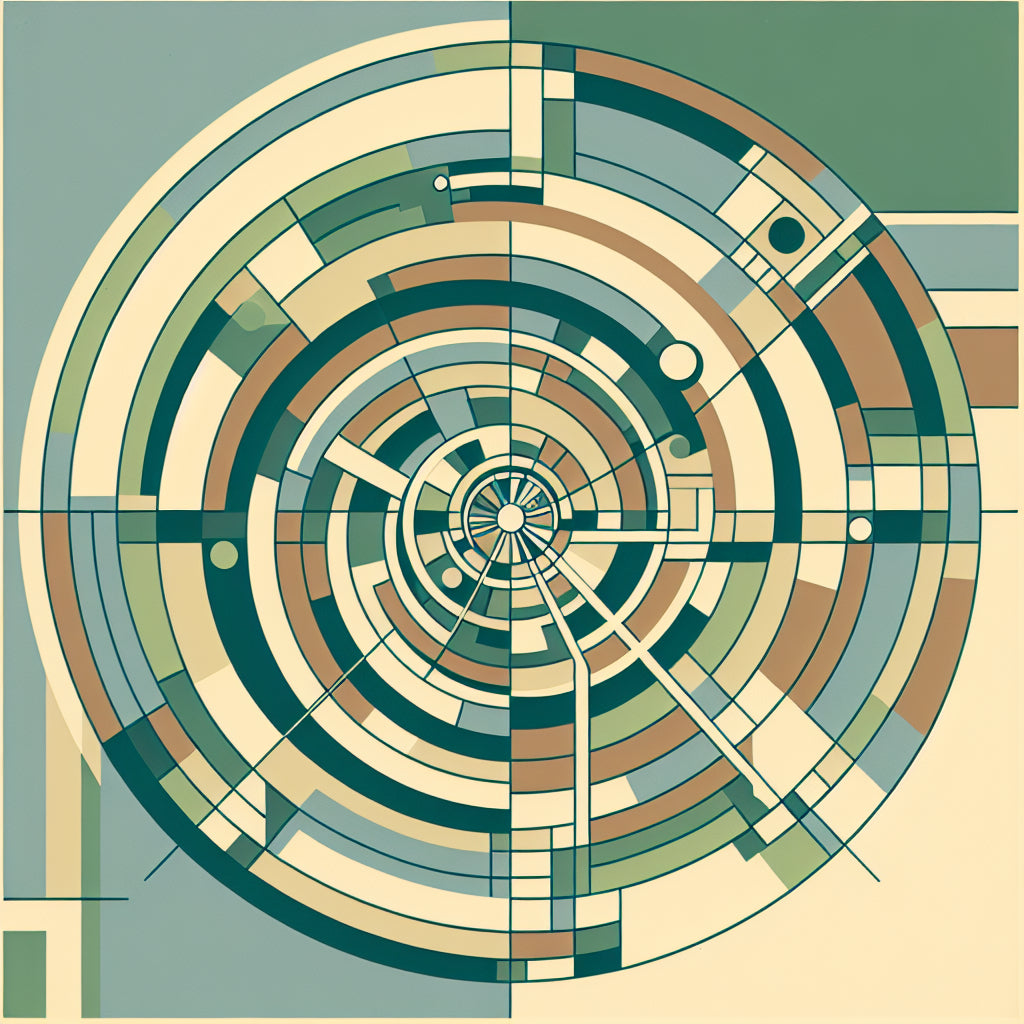
Protein clock predicts chronic disease risks
Share
Introduction to protein clocks
Recent advancements in biotechnology have led to the development of a 'protein clock' that can predict the risk of chronic diseases by analyzing blood proteins. This innovative approach offers a glimpse into how proteins, which vary widely among individuals, can indicate the likelihood of diseases such as diabetes, cancer, and Alzheimer's.
Understanding the study's scope
The study, conducted by a team of researchers, analyzed over 200 proteins from a large sample size of 45,441 individuals from the UK Biobank. This extensive data set provided a robust basis for the protein clock, enhancing its accuracy and reliability in predicting disease risks across diverse genetic backgrounds.
Key findings of the research
The protein clock not only reflects a person's chronological age but also their biological age, which can differ significantly. Individuals whose protein-clock age was higher than their chronological age were found to be at a higher risk of developing 18 different chronic diseases. This correlation underscores the potential of protein clocks in early disease prediction and prevention strategies.
Global implications and future research
The study successfully replicated its findings across other populations, including nearly 4,000 participants from a Chinese biobank and almost 2,000 from a Finnish biobank. The researchers aim to further diversify their data to include more geographic and genetic variations, which could refine the clock's predictive accuracy even further.
Impact on medical treatments and lifestyle changes
The implications of this research are far-reaching, suggesting that the protein clock could eventually be used to test the efficacy of new medical treatments for age-related diseases. Moreover, it raises important questions about the impact of environmental and behavioral factors on protein aging, offering individuals potential strategies to alter their health trajectories.
Conclusion
This breakthrough in predictive medicine could significantly alter how we approach the prevention and management of chronic diseases. By providing a clearer picture of an individual's risk profile, protein clocks hold the promise of extending healthspan and improving quality of life through personalized medical interventions.